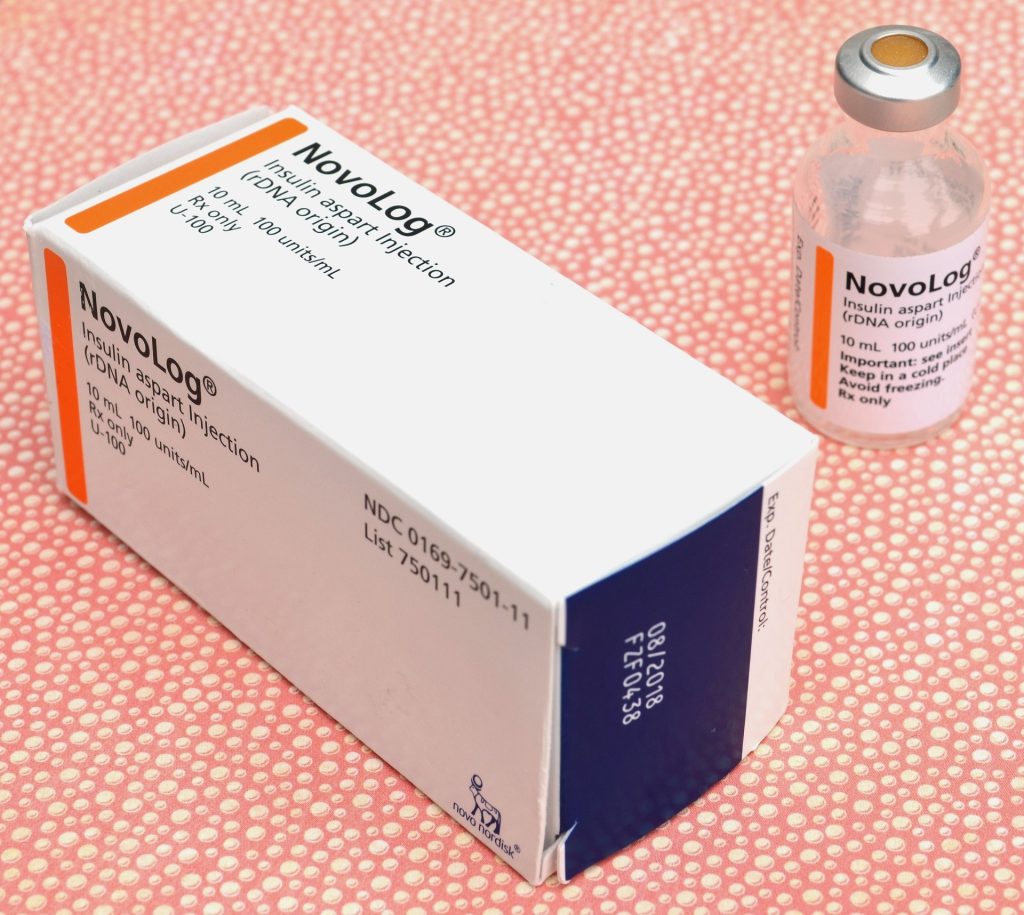Diabetes affects millions of people globally, and insulin is an essential medication to regulate blood sugar levels in patients with Type 1 and Type 2 diabetes. While insulin injections are typically administered daily, once-weekly insulins have emerged as a new option for patients. In this blog post, we will explore what once-weekly insulins are, how they work, and their potential benefits.
What are Once-Weekly Insulins?
Once-weekly insulins are a new class of long-acting insulins that are designed to be administered once a week. They are designed to release insulin slowly over a period of several days, which can help improve blood sugar control and reduce the need for frequent injections. Currently, there are two types of once-weekly insulins available on the market: insulin degludec (brand name Tresiba) and insulin glargine (brand name Toujeo).
How do Once-Weekly Insulins Work?
Once-weekly insulins work by mimicking the action of the body’s natural insulin. Insulin is a hormone that is produced by the pancreas and helps regulate blood sugar levels. In people with diabetes, the body either doesn’t produce enough insulin or doesn’t use it effectively, which can lead to high blood sugar levels. Once-weekly insulins are designed to provide a steady release of insulin over an extended period, which can help keep blood sugar levels stable.
Benefits of Once-Weekly Insulins
One of the biggest benefits of once-weekly insulins is that they can reduce the number of injections that a patient needs to take. This can be especially helpful for patients who have difficulty with self-injections or who have a busy lifestyle that makes it difficult to stick to a daily injection schedule. Once-weekly insulins can also help improve blood sugar control, which can reduce the risk of long-term complications associated with diabetes, such as nerve damage, kidney disease, and eye problems.
Another potential benefit of once-weekly insulins is that they can help reduce the risk of hypoglycemia, or low blood sugar. Hypoglycemia can be a serious complication of diabetes that can cause dizziness, confusion, and even loss of consciousness. Because once-weekly insulins provide a steady release of insulin over an extended period, they can help reduce the risk of hypoglycemia by preventing large fluctuations in blood sugar levels.
Potential Drawbacks
While once-weekly insulins have many potential benefits, there are some drawbacks to consider. One of the biggest drawbacks is that they can be more expensive than traditional daily insulins. This can be a barrier for patients who have limited access to healthcare or who cannot afford the cost of the medication.
Another potential drawback of once-weekly insulins is that they may not be suitable for all patients. Some patients may require more frequent insulin injections to achieve optimal blood sugar control, and once-weekly insulins may not be effective in these cases. Additionally, patients who have a history of hypoglycemia or who are at high risk of hypoglycemia may not be good candidates for once-weekly insulins.
Conclusion
Once-weekly insulins are a new option for patients with diabetes who require long-acting insulin to help regulate their blood sugar levels. They can help reduce the number of injections that a patient needs to take and improve blood sugar control, which can reduce the risk of long-term complications associated with diabetes. While there are some potential drawbacks to consider, once-weekly insulins are a promising new option for patients with diabetes and may help improve the quality of life for those who struggle with daily injections.
